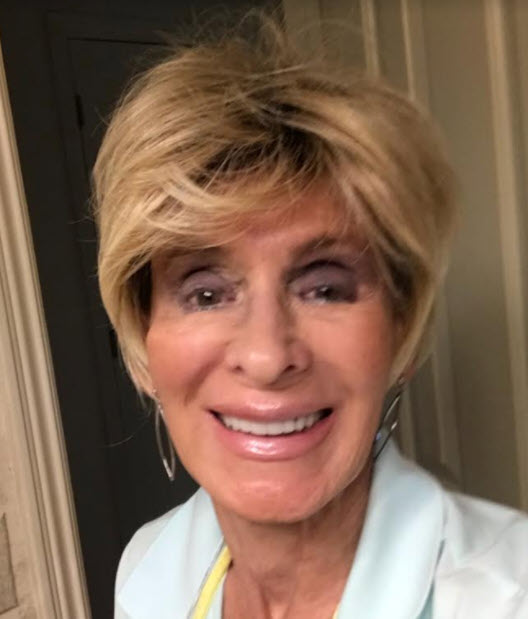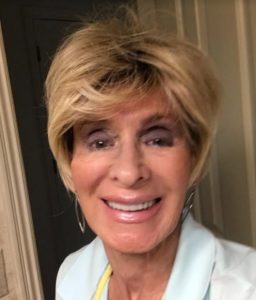

A reader questioned my use of the word “old” when I could have used “older”. It concerned her because she doesn’t consider herself “old” but rather, an “older” woman. I completely understand. I share her angst. So, when is it appropriate to use one or the other designation?
When talking about women “of a certain age” how do you differentiate between a healthy woman who is “old” and a healthy woman who is “older”? Is there really a difference? Is there a difference between a woman who identifies as a “senior” and a woman who prefers to be considered a “mature” woman? Absolutely. The good news is that every healthy older woman has a choice. She can be whatever she chooses to be. The culture may see her differently than how she sees herself but so what. We didn’t get to the age we are without becoming tough cookies.
What does matter is what a woman chooses or allows to go on in her head relative to the aging process, and the lifestyle she chooses or allows herself to live. Whether “old” or “older” it has nothing to do with physical appearance. Yes, health and circumstances over which there is no control certainly can make a difference. A lot goes into the definition of each stage, more than what can be offered here. I’m just giving a general summary of what I believe each designation implies. Other women will have different ideas, and I welcome different ideas. It’s a learning and growth process. I could be wrong about any or all of this, and if you think I am, tell me why!
Senior
The word “senior” as applied to an older person is not a benign word. Attached to it are powerful unspoken cultural expectations, norms, limitations and social prescriptions that determine lifestyle and mindset. It’s a “catchall” descriptor for a retiree. It’s universally used and culturally accepted. Generally, a woman who happily identifies as a senior is comfortable adopting a conventional senior mindset and living a conventional senior lifestyle that tends to be insular and group oriented. The nature of the established senior mindset and lifestyle can lead to premature decline because it is leisure oriented.
Older/Mature
An older/mature woman defies outdated stereotypical and cultural aging norms. She celebrates her freedom as an individual and thinks and acts in accord with what she perceives are in her own best interests or preferences. She rejects consensus thinking about what’s “right” or “proper” thinking or behavior for her chronological age. She is growth oriented and sees potential in the mature years for new challenges and accomplishment. Typically, her brain and body are not in sync with her chronological age.
Old
An old woman lives a regimented, stereotypical group compliant lifestyle. Her thinking is and has been in sync with prevailing cultural norms relating to aging. She is dependent, and does not live or think defiantly. She goes with the flow, doing what’s expected “at her age”.
- * * *
We can’t stop others from inappropriately labeling or judging us, or from suggesting we are other than what we say we are, and we all have similar aging demons to deal with in one way or another regardless of stage of aging. For example, you probably have been called Sweetie, Sweetheart, or Young Lady by someone younger and in a position of authority. It’s demeaning. Please read Ageism in Medicine Must Stop, Experts Say. Perhaps next time your doctor or nurse calls you “Sweetie” or speaks to you in a condescending tone you will make it known that “I am not a child; I am not senile and I am NOT your Sweetie.” Just remember to smile while you are issuing the “reprimand”. 😀

Leave a Reply